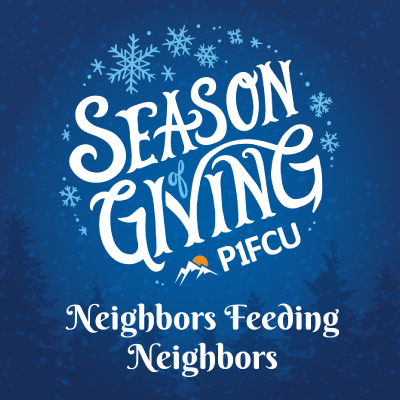November's Basecamp Newsletter


Finances as part of your well-being
Maintaining a healthy financial balance is an essential part of your financial well-being. In a stress survey from the American Psychological Association, 66% of adults said money was a significant cause of stress.3 Stress can stem beyond your mental well being to your physical well being, with Americans with high stress levels being more likely to experience headaches, lack of sleep, or experience depression or sadness.
A few key recommendations from the article for what you can do to negate your stress that apply specifically to budgeting and personal finance are:
Don't judge yourself against others.
- Especially when it comes to finances, a lot of us feel the need to compare ourselves to our peers. This is an extra layer of stress that you can avoid when you decide to focus on your journey alone.
Take your own advice.
- If a friend were in your situation and asked you what to do, what would you tell them to do? Odds are you already know the answer to what the best next step is, you just need to take your own advice!
Take control where you can
- Stress around your finances is frequently caused by feeling a lack of control around your spending. One way you can start to take control is by creating a budget and following it.
Small Steps to Take to Start Budgeting
-
Determine your monthly income
Specifically, your take-home pay. Add together how much your paychecks are each month, with the taxes and deductions taken out.
-
Figure out how much you owe on your bills
Add together the basic bills you have to pay each month. This includes things like your rent or mortgage payment, utility bills, loan payment minimums, childcare costs, or other essential bills each month.
-
Figure out how much you have to spend after your bills are paid
Subtract your required expenses from your monthly income. This is how much you have left over to spend on other expenses like groceries, eating out, gym memberships, and so on. These expenses should not exceed what you have left over to spend.
Interested in some example payments and even more about budgeting strategies? Click below to read more!

Nominate a Family for a Special Dinner
On November 4th, we will be accepting nominations for members who are making a difference in their communities. Do you know someone? Look out for an email on where to nominate them on November 4th.

Ensure we have correct contact information
 What are "smishing" scams?
What are "smishing" scams?
Smishing is when scammers send you a text message pretending to be P1FCU or another financial institution. They may send you a link that takes you to a website that looks like our Digital Banking login, too. Their goal is to obtain your Digital Banking username and password.
If you get a text message claiming to be P1FCU, watch for these signs:
- misspellings
- they come from a number we've never contacted you from before
- they have a strong sense of urgency
We will never call you after you respond to a text from us, and we will not ask for your Digital Banking login information or secure access code. If you're not sure, call us or visit p1fcu.org/contact-us to speak face-to-face with a video banking representative.
Subscribe to this Newsletter
This is for educational purposes only and not financial advice.
References:
1 "New Survey Shows Consumers, No Matter Their Income or Assets, Need Support with Spending, Household Budgeting." CFP Board. 23 January 2019. https://www.cfp.net/news/2019/01/new-survey-shows-consumers-no-matter-their-income-or-assets-need-support-with-spending-household. Accessed 1 October 2024.
2 Iacurci, Greg. "People hate budgeting. Here’s why — and how to reframe it." CNBC. 1 April 2024. https://www.cnbc.com/2024/04/01/people-hate-budgeting-heres-why-and-how-to-reframe-it.html. Accessed 1 October 2024.
3 "Stress in America 2022." American Psychological Association. October 2022. https://www.apa.org/news/press/releases/stress/2022/concerned-future-inflation. Accessed 1 October 2024.


